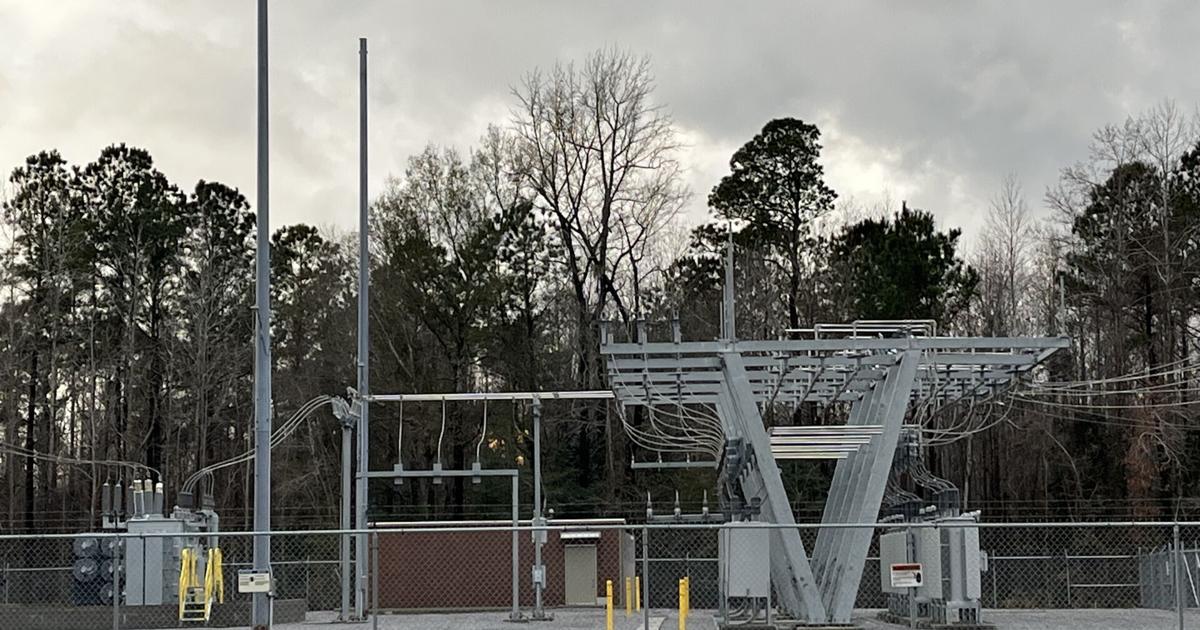Energy bill could reshape next quarter century, save $15B

(The Center Square) – An energy proposal awaiting action in the state Senate could save North Carolinians billions of dollars, says a residential and business advocacy group.
The Power Bill Reduction Act, known also as Senate Bill 266, authored by Sens. Timothy Moffitt of Henderson County, Danny Britt of Robeson County and Warren Daniel of Burke County, was first known as the Historic Flood Event Bldg. Code Exemption. Committee actions since its March filing assure energy companies the ability to build faster and more affordably, says regional Executive Director Kevin Doyle of the Consumer Energy Alliance.
“It maintains progress on emissions reductions while strengthening the reliability of the electric grid,” Doyle said. “With electricity demand rising due to population growth, manufacturing expansion, and data centers, North Carolina needs smart, forward-looking policies that protect consumers and ensure the lights stay on.”
The bill would “eliminate the interim date for carbon reduction by certain electric public utilities.” The 2021 law calling for 70% reduction of emissions by 2030 and net-zero by 2050 was spearheaded by former Democratic Gov. Roy Cooper during a time when his vetoes could withstand party-line votes to override.
Deadlines that crush flexibility to use natural gas, nuclear and emerging technologies as well as renewables would be changed if the bill becomes law.
Projections say savings could escalate to $15 billion if the General Assembly gets the bill to Gov. Josh Stein and into the statutes.
The proposal rests in the Rules Committee of the Senate. Before changes made in the lower chamber, it passed 47-0. In the House, the latest version is approved 75-36 with only one Republican – Rep. Ben Moss of Richmond County – against it and 11 Democrats in favor.
Consumer Energy Alliance bills itself as an advocate “for affordable, reliable, and cleaner energy solutions that benefit all Americans. Representing families, farmers, small businesses, distributors, producers, and manufacturers, CEA champions sensible, balanced policies that support economic growth and environmental resiliency; and ensures families and businesses are a vocal part of the nation’s energy dialogue.”